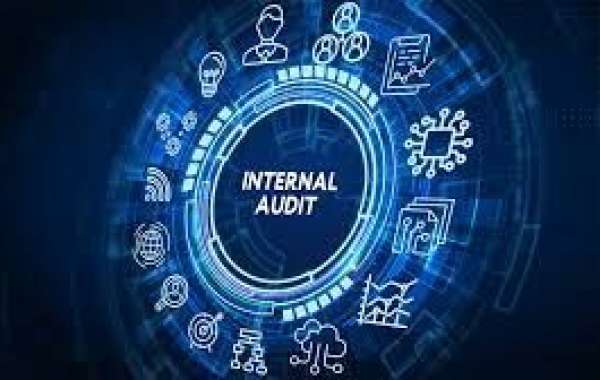Introduction
In today's complex business environment, internal auditors play a crucial role in ensuring the effectiveness of governance, risk management, and control processes within an organization. Proper training for internal auditors is essential to equip them with the skills and knowledge required to perform their duties effectively. This article explores the key components of internal auditor training, emphasizing the importance of a comprehensive and ongoing training program.
Understanding Internal Auditing
Internal auditing involves evaluating and improving the effectiveness of risk management, control, and governance processes. Training begins with a thorough understanding of internal auditing standards, frameworks, and methodologies. Trainees must familiarize themselves with the Institute of Internal Auditors (IIA) standards, including the International Professional Practices Framework (IPPF). This foundational knowledge ensures that internal auditors can uphold the highest professional standards.
Technical Skills Development
Internal auditors need a robust set of technical skills to analyze and evaluate complex financial and operational data. Training programs should cover areas such as financial auditing, operational auditing, information technology auditing, and compliance auditing. Auditors must learn to use various auditing software and tools to enhance efficiency and accuracy in their work. Continuous education on the latest technological advancements is also crucial, as the landscape of auditing tools evolves rapidly.
Soft Skills Enhancement
While technical proficiency is essential, internal auditors also require strong soft skills. Effective communication, critical thinking, and problem-solving abilities are paramount. Training should focus on developing these skills through workshops, role-playing exercises, and real-world case studies. Strong interpersonal skills enable auditors to interact effectively with stakeholders, present findings clearly, and recommend actionable improvements.
Ethical Standards and Professionalism
Adherence to ethical standards is non-negotiable for internal auditors. Training programs must emphasize the importance of integrity, objectivity, confidentiality, and competency. Auditors should understand the ethical implications of their work and the potential consequences of unethical behavior. This component of training helps in fostering a culture of accountability and trust within the organization.
Conclusion
Effective internal auditor training is a multifaceted process that combines technical knowledge, soft skills, and ethical standards. By investing in comprehensive training programs, organizations can ensure that their internal auditors are well-equipped to safeguard organizational integrity and drive continuous improvement. Ongoing education and development are vital to keep pace with the evolving demands of the auditing profession, ultimately contributing to the overall success and sustainability of the organization.




